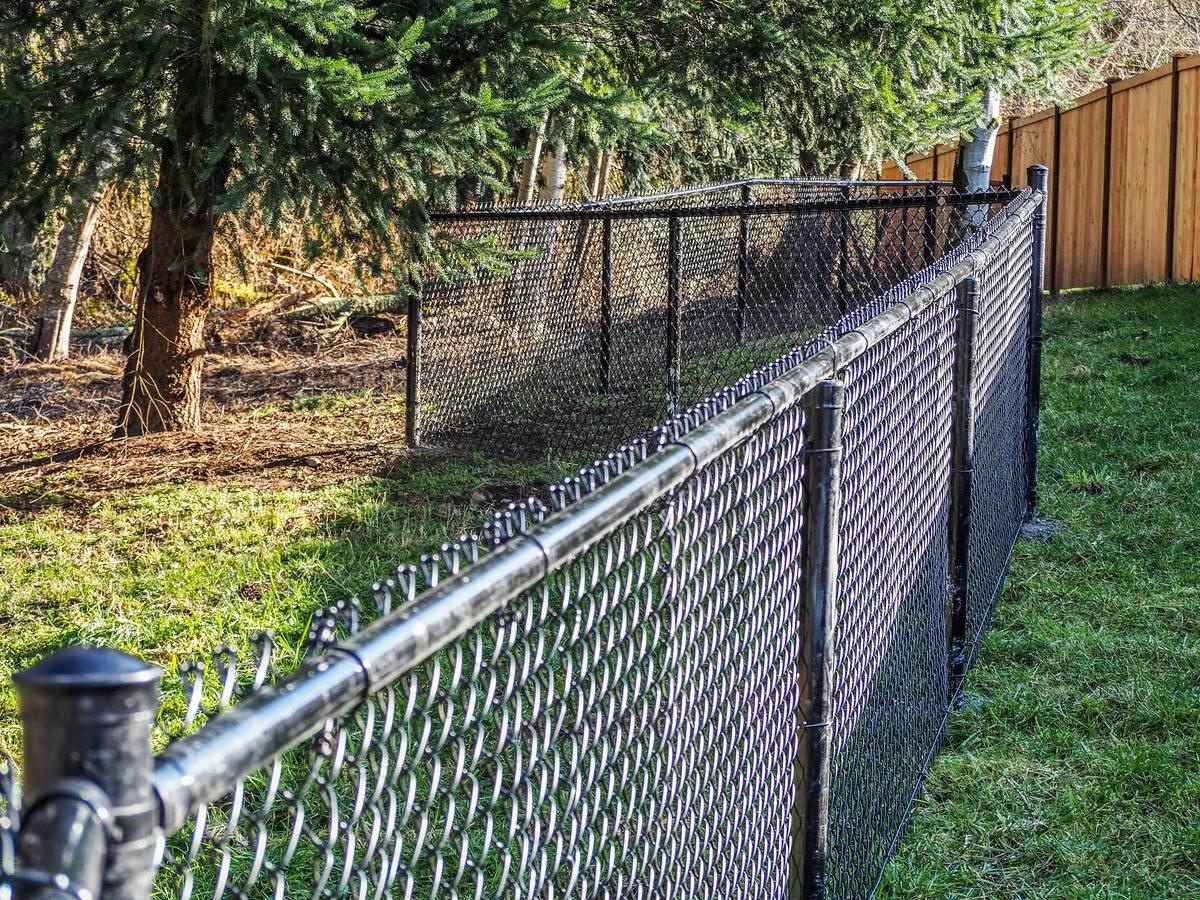

Articles
How Long Does Chain Link Fence Last
Modified: December 7, 2023
Learn how long chain link fences can last and find articles on maintenance, durability, and lifespan in our comprehensive guide.
(Many of the links in this article redirect to a specific reviewed product. Your purchase of these products through affiliate links helps to generate commission for Storables.com, at no extra cost. Learn more)
Introduction
A chain link fence is a popular type of fencing used in various residential, commercial, and industrial settings. Its affordability, durability, and versatility make it a go-to option for many property owners. However, like any other fence, chain link fences are not immune to wear and tear over time. Understanding how long a chain link fence can last and the factors that influence its lifespan is crucial for making informed decisions about its installation and maintenance.
In this article, we will explore the various factors that affect the lifespan of a chain link fence, such as the quality and durability of materials, climate and environmental conditions, and proper installation and maintenance techniques. Additionally, we will provide insights into the average lifespan of a chain link fence and offer tips on how to extend its longevity.
Whether you are considering installing a new chain link fence or have an existing one, this article will equip you with the knowledge needed to make informed decisions and ensure the longevity of your fence investment.
Key Takeaways:
- Proper installation, high-quality materials, and regular maintenance can extend the lifespan of chain link fences. Galvanized steel fences last 15-20 years, while vinyl-coated ones can endure for 20-30 years with care.
- Environmental factors, such as climate and chemical exposure, significantly impact chain link fence longevity. Applying protective coatings, addressing rust, and trimming vegetation can help preserve the fence’s integrity.
Read more: How To Stretch A Chain Link Fence
Factors Affecting the Lifespan of Chain Link Fences
The lifespan of a chain link fence can vary depending on several factors. These factors include the quality and durability of the materials used, climate and environmental conditions, and proper installation and maintenance techniques. Let’s take a closer look at each of these factors:
- Material Quality and Durability: The quality of the materials used in a chain link fence can significantly impact its lifespan. Higher-quality materials, such as galvanized steel or vinyl-coated wire, are more resistant to corrosion, rust, and other forms of damage. Choosing a reputable supplier and opting for durable materials can help ensure the longevity of your chain link fence.
- Climate and Environmental Conditions: The climate and environmental conditions in which a chain link fence is installed can also impact its lifespan. Harsh weather conditions, such as extreme heat, freezing temperatures, heavy rainfall, or high winds, can cause wear and tear on the fence. Additionally, factors like proximity to salty air or chemical exposure can also affect the fence’s durability.
- Installation Techniques: Proper installation techniques are essential for the longevity of a chain link fence. This includes ensuring the fence is properly leveled, securely anchored, and correctly tensioned. Improper installation can lead to premature sagging, leaning, or even collapse of the fence over time.
- Maintenance: Regular maintenance plays a crucial role in extending the lifespan of a chain link fence. This includes inspecting the fence for any signs of damage, such as loose or broken wires, and repairing them promptly. Additionally, regular cleaning to remove dirt, debris, and vegetation can prevent the buildup of corrosive agents and enhance the fence’s durability.
By considering these factors and taking appropriate measures, you can proactively protect your chain link fence and prolong its lifespan. In the next sections, we will delve further into the average lifespan of chain link fences and provide tips on how to extend their longevity.
Material Quality and Durability
When it comes to the lifespan of a chain link fence, the quality and durability of the materials used play a crucial role. Choosing high-quality materials can significantly increase the longevity of the fence and reduce the need for frequent repairs or replacements.
One of the primary materials used in chain link fences is galvanized steel. Galvanization involves coating the steel with a layer of zinc, which provides protection against rust and corrosion. Galvanized chain link fences are known for their durability and resistance to the elements.
In addition to galvanized steel, there are also vinyl-coated chain link fences available. These fences have a layer of vinyl coating applied to the galvanized steel wire, which adds an extra layer of protection and enhances the fence’s aesthetics. Vinyl-coated chain link fences are available in various colors, allowing you to customize the fence to match your preferences.
When choosing the materials for your chain link fence, it is essential to consider the gauge or thickness of the wire. Thicker wires are generally more durable and can withstand greater tension, making the fence more resistant to bending or sagging. Thicker wires also provide better security, as they are harder to cut or break through.
Opting for quality materials from reputable suppliers is vital to ensure the durability of your chain link fence. Conduct research, read customer reviews, and consult with professionals to make informed decisions when purchasing materials.
Regular maintenance is also crucial for preserving the durability of the materials. Inspect the fence periodically for any signs of damage, such as rust, corrosion, or loose wires. Address these issues promptly to prevent further deterioration. Additionally, consider applying a protective coating or paint to further enhance the fence’s durability and resistance to the elements.
By investing in high-quality materials and maintaining them properly, you can significantly extend the lifespan of your chain link fence and enjoy its benefits for many years to come.
Climate and Environmental Conditions
The climate and environmental conditions in which a chain link fence is installed can have a significant impact on its lifespan. Different weather patterns and environmental factors can subject the fence to wear and tear, affecting its overall durability and longevity.
Extreme weather conditions, such as prolonged exposure to intense heat, freezing temperatures, heavy rainfall, or high winds, can take a toll on a chain link fence. Excessive heat can cause the material to expand and contract, potentially leading to warping or weakening of the fence. Freezing temperatures, on the other hand, can cause the materials to become brittle, increasing the risk of breakage or cracking.
In regions with high rainfall or humidity, moisture can penetrate the fence’s surface and promote rust or corrosion, especially if the materials are not properly protected. Additionally, areas with salty air, such as coastal regions, can accelerate the corrosion process, further compromising the fence’s durability.
Environmental factors, such as exposure to chemicals or pollutants, can also affect the lifespan of a chain link fence. Chemicals from nearby industrial sites, agricultural activities, or even the use of certain cleaning agents can cause damage to the fence materials over time.
To mitigate the impact of climate and environmental conditions on your chain link fence, it is essential to take proactive measures. Consider the following steps:
- Choose the appropriate materials: Select materials that are specifically designed to withstand the climate conditions in your area. For example, if you live in a coastal area, consider using materials that are resistant to saltwater corrosion.
- Apply protective coatings: Applying a protective coating, such as a weather-resistant sealant or paint, can help shield the fence from moisture, UV rays, and other environmental factors.
- Regular cleaning: Keep your chain link fence clean by regularly removing dirt, debris, and vegetation. This prevents the buildup of corrosive agents and promotes the longevity of the materials.
- Inspect for damage: Periodically inspect the fence for any signs of damage caused by weather or environmental conditions. Address any issues promptly to prevent further deterioration.
By considering the climate and environmental conditions in your area and taking appropriate measures, you can protect your chain link fence and prolong its lifespan.
Chain link fences can last 15-20 years with proper maintenance. Regular inspections, cleaning, and repairs can help extend the lifespan of the fence.
Installation Techniques and Maintenance
The installation techniques and maintenance practices employed for a chain link fence greatly influence its overall lifespan. A properly installed fence that receives regular maintenance is more likely to withstand the tests of time and endure various environmental factors.
During the installation process, it is crucial to follow proper techniques to ensure the fence is structurally sound and secure. Here are some key factors to consider:
- Proper leveling: Ensure that the ground where the fence will be installed is properly leveled. This helps to prevent unnecessary strain on the fence and ensures its stability.
- Secure anchoring: Anchor the fence posts securely in the ground or to a concrete foundation. This provides stability and prevents the fence from leaning or collapsing during adverse weather conditions.
- Correct tensioning: Properly tensioning the chain link fabric is essential for maintaining the fence’s strength and preventing sagging. Tensioning also helps to reduce the risk of unauthorized entry, as a taut fence is harder to manipulate or climb over.
- Gate installation: If your chain link fence includes gates, ensure they are installed correctly and securely. Properly aligned and functioning gates enhance the overall functionality and longevity of the fence.
Regular maintenance is crucial for preserving the integrity of a chain link fence. Here are some maintenance practices to incorporate:
- Inspect and repair: Regularly inspect the fence for any signs of damage, such as loose or broken wires, damaged posts, or missing hardware. Repair any issues promptly to prevent further damage.
- Clean regularly: Remove dirt, debris, and vegetation that may accumulate on the fence. This not only enhances the appearance but also prevents the buildup of corrosive agents.
- Trim vegetation: Trim any overgrown vegetation near the fence to prevent it from putting excessive pressure on the materials or causing damage over time.
- Apply rust inhibitors: If your chain link fence is made of galvanized steel, applying a rust inhibitor can help protect the materials from corrosion and extend the fence’s lifespan.
By investing in professional installation and practicing regular maintenance, you can ensure your chain link fence remains sturdy, secure, and functional for many years.
Read more: How To Cover A Chain Link Fence
Average Lifespan of Chain Link Fences
The average lifespan of a chain link fence can vary depending on several factors, including the quality of materials, installation techniques, environmental conditions, and maintenance practices. However, with proper care, a well-built chain link fence can last for several decades.
In general, a galvanized steel chain link fence can have a lifespan of 15 to 20 years or more. The galvanization process provides a protective layer that helps prevent rust and corrosion, thereby extending the fence’s lifespan. However, it’s important to note that the lifespan can be affected by the level of exposure to corrosive agents, such as salt or chemicals, as well as extreme weather conditions.
Vinyl-coated chain link fences, on the other hand, can have an even longer lifespan. The vinyl coating adds an extra layer of protection to the galvanized steel, making it more resistant to rust, corrosion, and fading. With proper maintenance, a well-maintained vinyl-coated chain link fence can last for 20 to 30 years or more.
It’s essential to keep in mind that the lifespan of a chain link fence can also be influenced by external factors such as accidents, vandalism, or physical damage. These events can sometimes require partial or full replacements before reaching the expected lifespan.
To maximize the lifespan of your chain link fence, it’s crucial to follow proper installation techniques and regular maintenance practices. By ensuring the fence is securely anchored, properly tensioned, and regularly inspected for damage, you can help prevent premature deterioration and extend its longevity.
If your chain link fence does show signs of wear and tear, such as significant rust or structural damage, it may be more cost-effective to replace the fence rather than investing in extensive repairs. A professional evaluation can help determine the best course of action based on the condition of your fence.
Overall, while the average lifespan of a chain link fence may vary, taking proactive measures to maintain and care for the fence can help maximize its lifespan and ensure that it serves its intended purpose for many years to come.
Extending the Lifespan of Chain Link Fences
While chain link fences are known for their durability, there are steps you can take to extend their lifespan even further. By implementing these measures, you can ensure that your chain link fence remains functional and visually appealing for many years.
1. Regular Maintenance: Regularly inspect your chain link fence for any signs of damage, such as loose or broken wires, damaged posts, or missing hardware. Repair any issues promptly to prevent further deterioration. Additionally, clean the fence regularly to remove dirt, debris, and vegetation that may promote corrosion or impact its structural integrity.
2. Address Rust and Corrosion: If your chain link fence is made of galvanized steel and shows signs of rust or corrosion, address the issue promptly. Begin by removing any loose rust with a wire brush and then using a rust-inhibiting primer and paint to protect the affected areas. This helps prevent further corrosion and maintains the fence’s appearance.
3. Trim Vegetation: Trim any vegetation, such as vines or bushes, that are in close proximity to the fence. Overgrown vegetation can put excessive pressure on the fence, potentially causing damage or weakening its structure over time.
4. Apply Protective Coatings: Consider applying a protective coating, such as a weather-resistant sealant or paint, to your chain link fence. These coatings provide an additional layer of protection against environmental factors, helping to prolong the lifespan of the materials and enhance the fence’s overall durability.
5. Preventative Measures for Extreme Weather: If you live in an area prone to extreme weather conditions, take preventative measures to protect your chain link fence. This may include installing windbreaks or planting shrubs to shield the fence from strong winds or securing tarps or covers during periods of heavy snowfall or extreme heat.
6. Avoid Damage from Accidents or Vandalism: While accidents and vandalism are outside of your control, taking measures to minimize their impact can help extend the lifespan of your chain link fence. Consider installing security cameras or lighting to deter potential vandals, and promptly repair any damage caused by accidents.
7. Seek Professional Help: If you are unsure about any aspects of maintaining or extending the lifespan of your chain link fence, do not hesitate to seek professional assistance. Fence experts can provide guidance, perform inspections, and offer repairs or replacements as necessary.
By following these tips and being proactive in the maintenance of your chain link fence, you can significantly extend its lifespan and enjoy its functionality and aesthetics for many years to come.
Conclusion
Chain link fences are a popular choice due to their affordability, durability, and versatility. Understanding the factors that affect their lifespan and taking appropriate measures to maximize their longevity is crucial for homeowners and property owners alike.
Factors such as material quality and durability, climate and environmental conditions, installation techniques, and regular maintenance all play a significant role in determining how long a chain link fence will last. By choosing high-quality materials, considering the environmental factors in your area, following proper installation techniques, and implementing regular maintenance practices, you can greatly extend the lifespan of your chain link fence.
Galvanized steel chain link fences typically have a lifespan of 15 to 20 years, while vinyl-coated chain link fences can last for 20 to 30 years or more if properly maintained. However, it is important to note that these lifespans can be influenced by external factors and events that may require repairs or replacements before reaching their expected lifespan.
To extend the lifespan of your chain link fence, prioritize regular maintenance such as inspections, cleaning, and addressing any signs of damage promptly. Additionally, applying protective coatings, trimming vegetation, and taking preventative measures for extreme weather conditions can help preserve the fence’s integrity and aesthetic appeal.
By investing in the proper installation techniques and maintenance practices, you can ensure that your chain link fence remains functional, secure, and visually appealing for many years. Should you have any uncertainties or concerns, consulting with professionals in the field can provide you with expert guidance and assistance.
Ultimately, taking care of your chain link fence will not only extend its lifespan but also protect your property, enhance its curb appeal, and provide peace of mind for years to come.
Frequently Asked Questions about How Long Does Chain Link Fence Last
Was this page helpful?
At Storables.com, we guarantee accurate and reliable information. Our content, validated by Expert Board Contributors, is crafted following stringent Editorial Policies. We're committed to providing you with well-researched, expert-backed insights for all your informational needs.
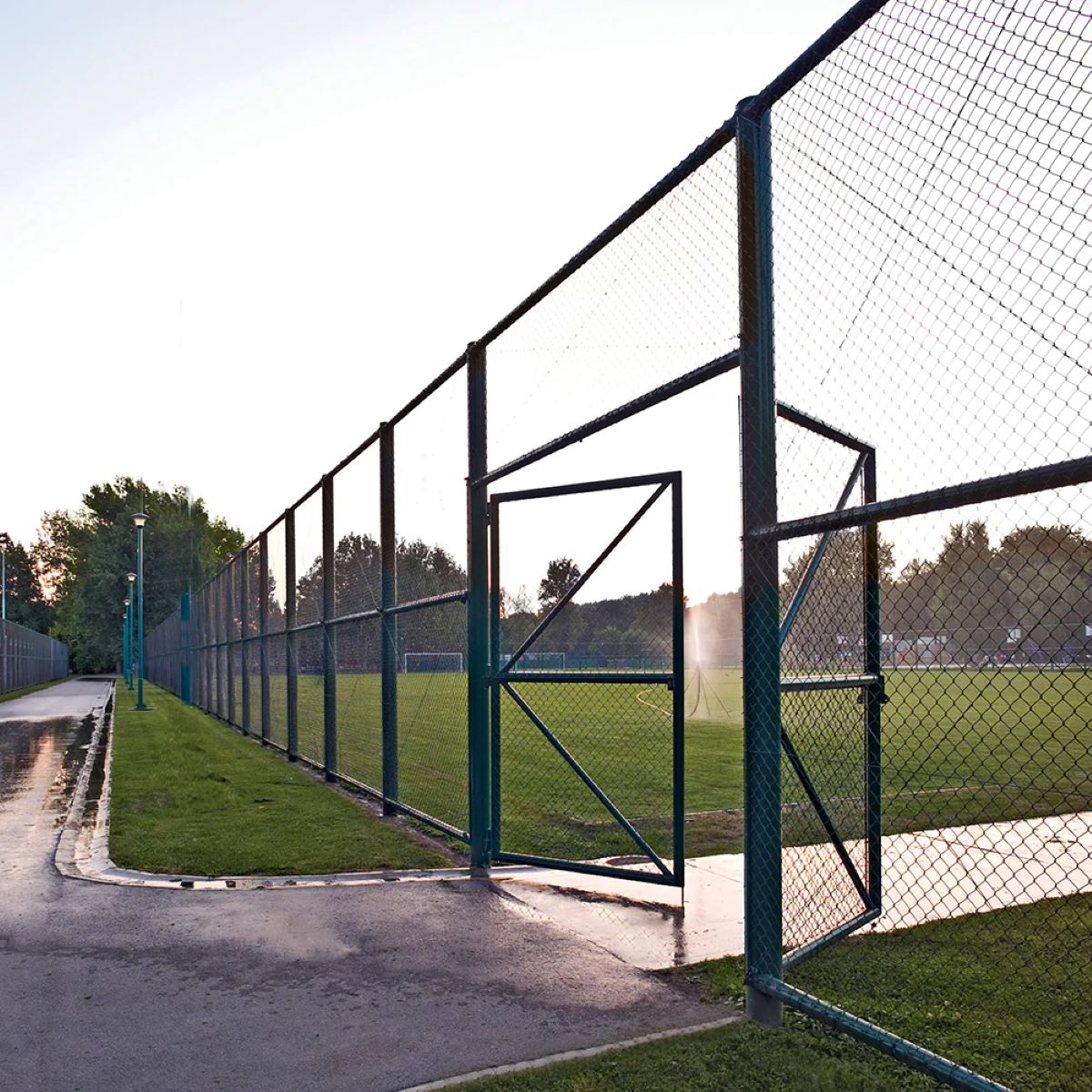
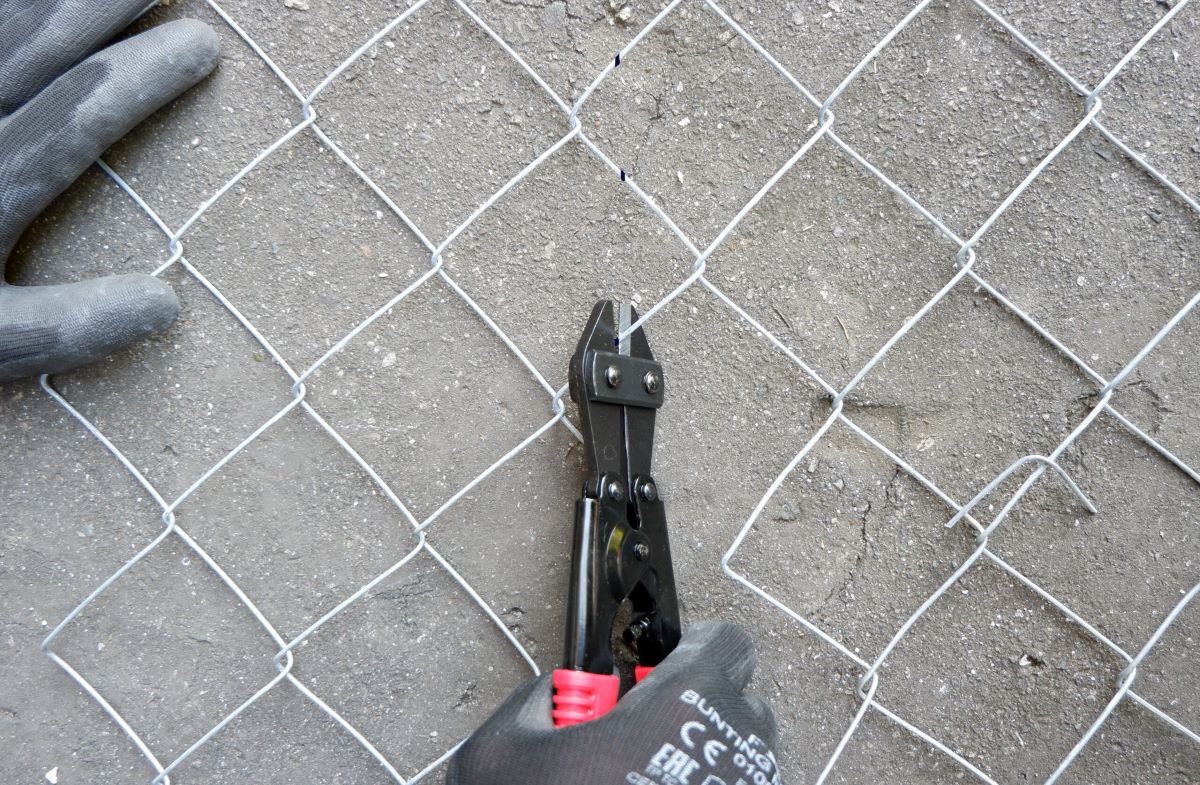
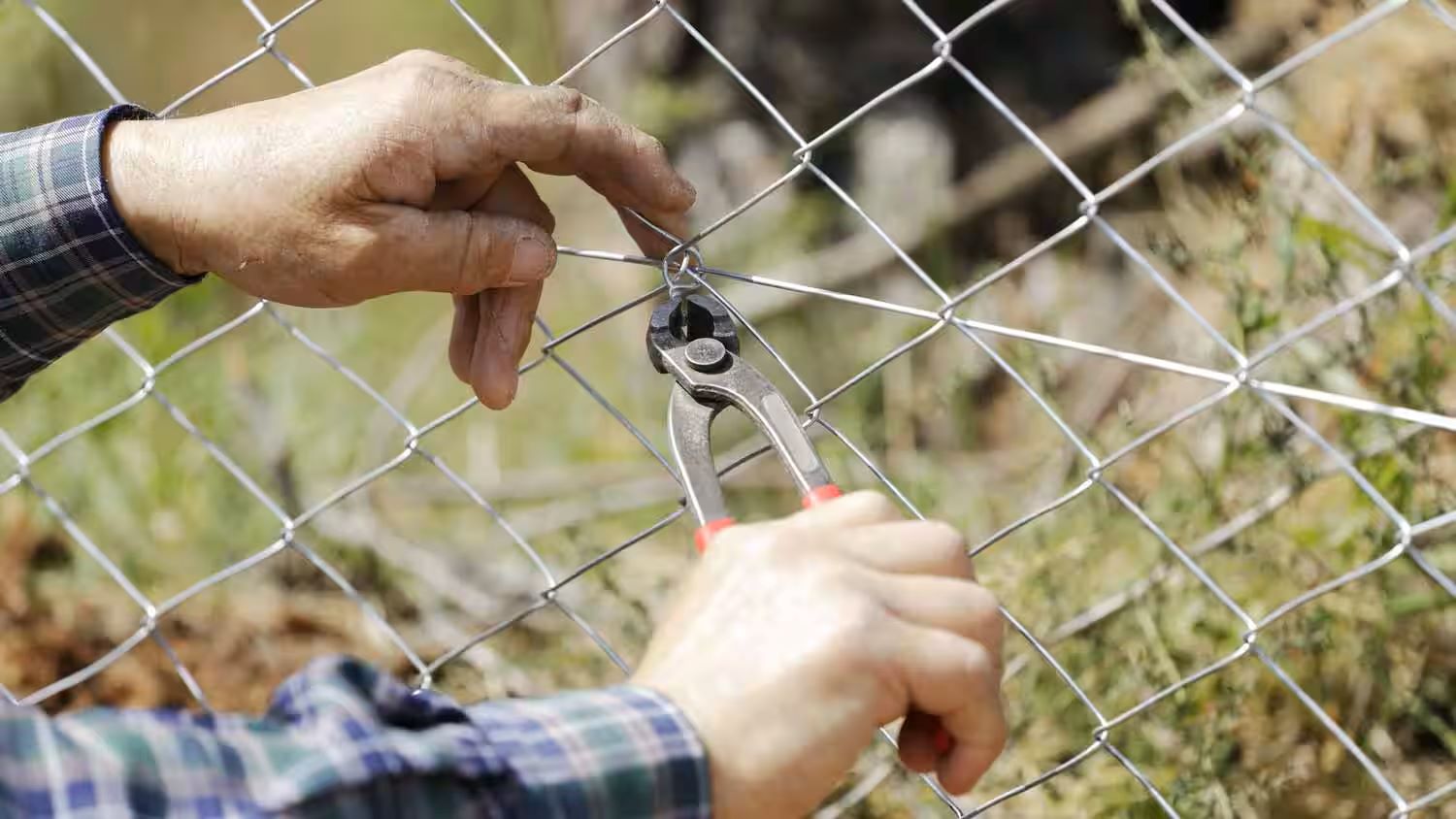
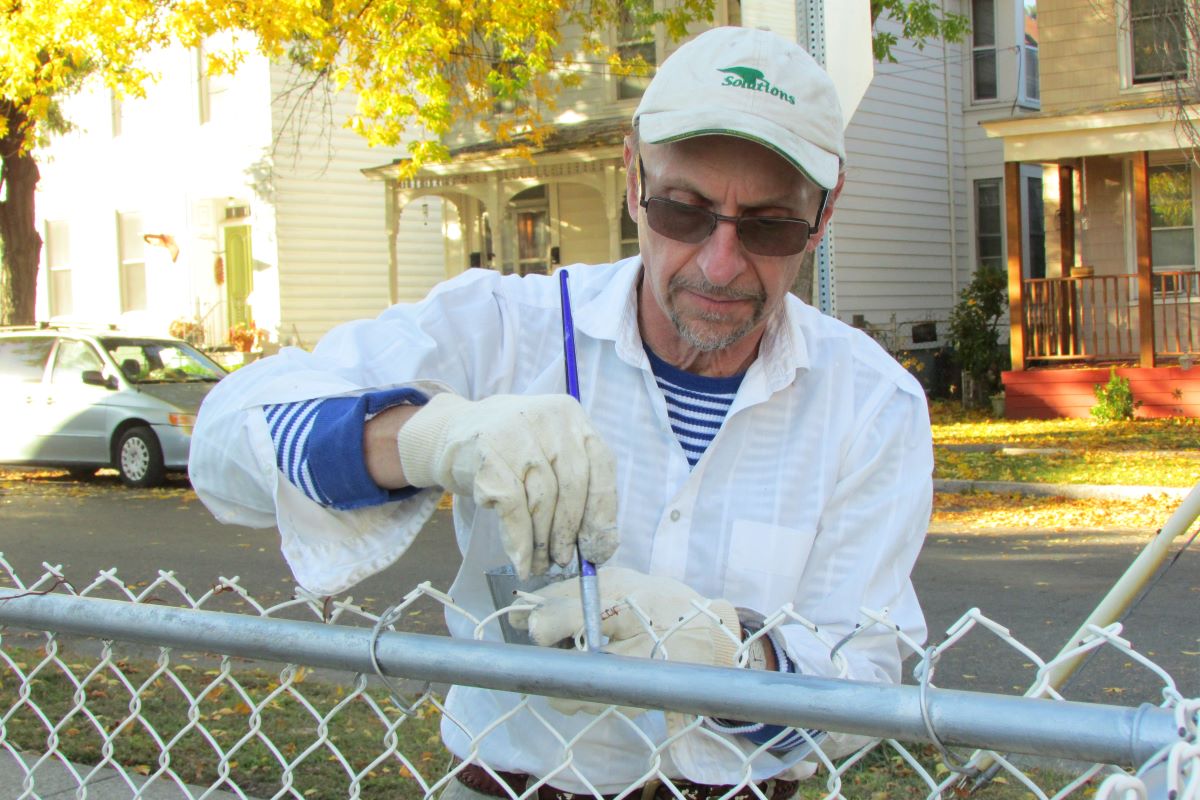
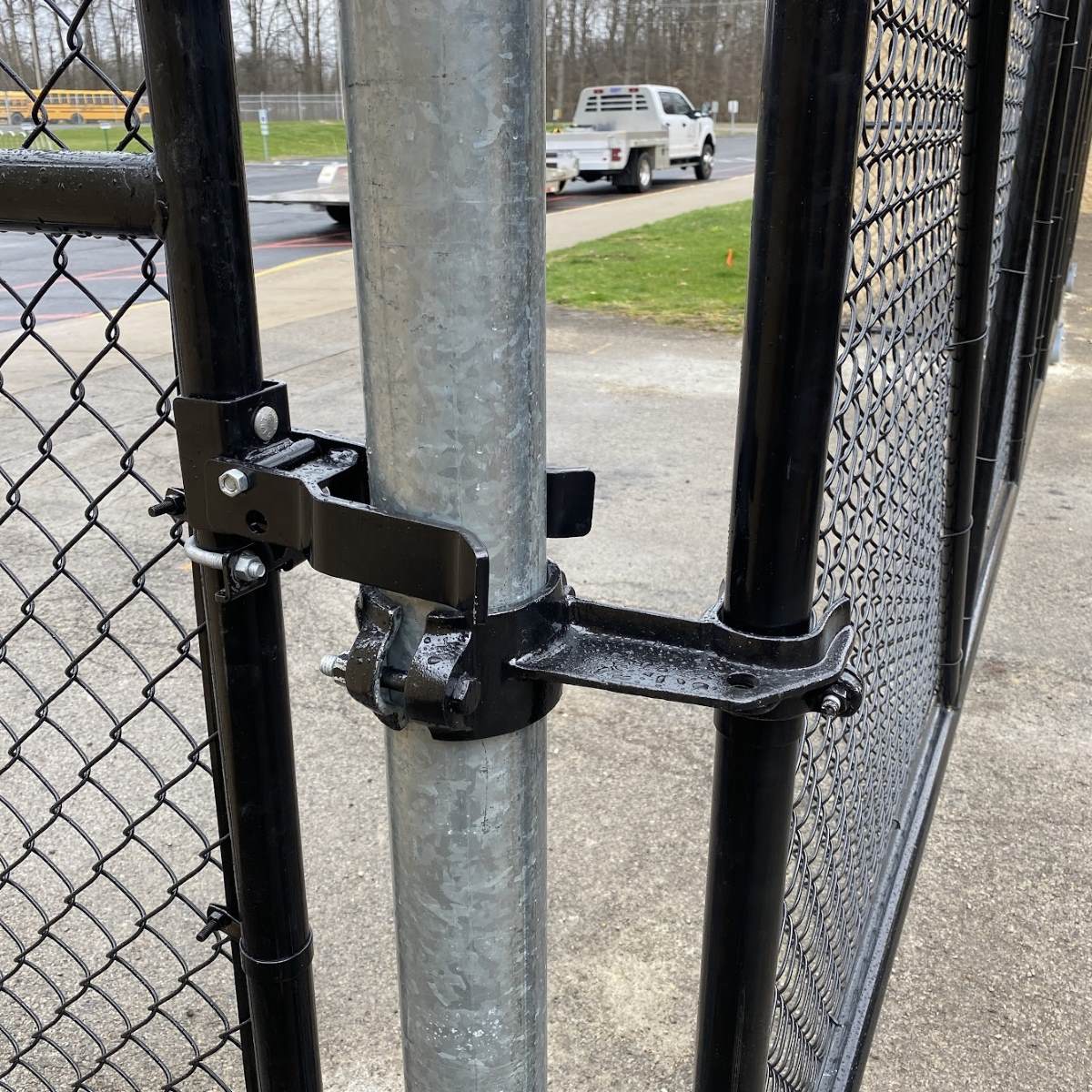
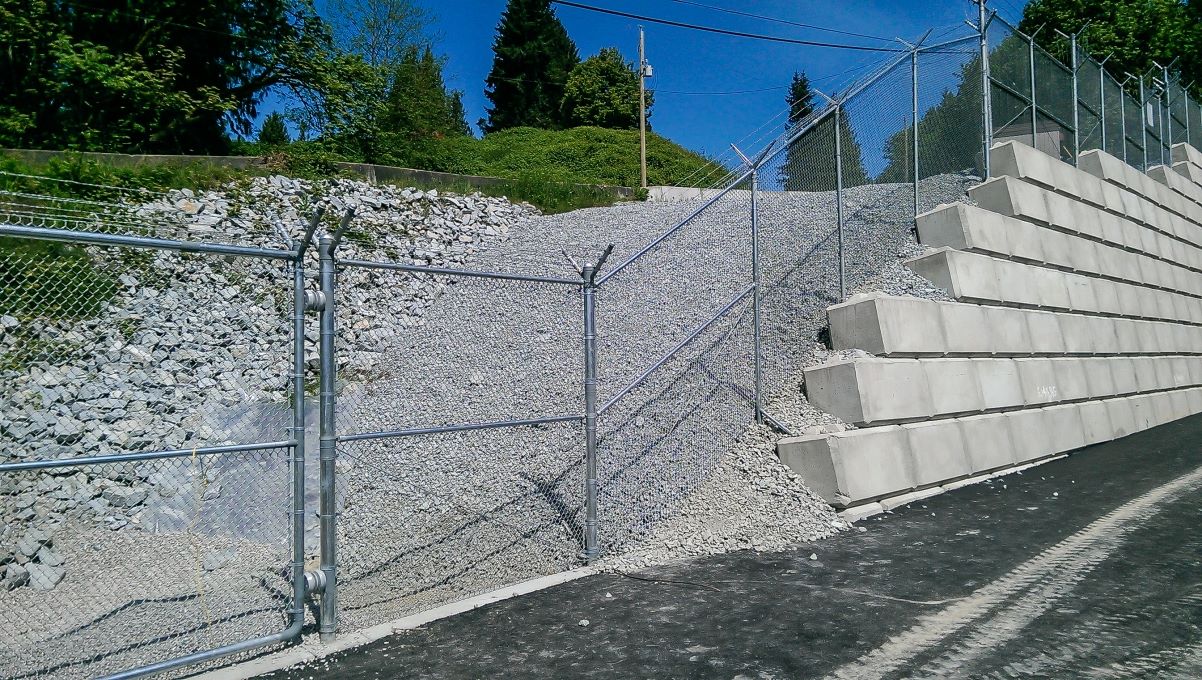
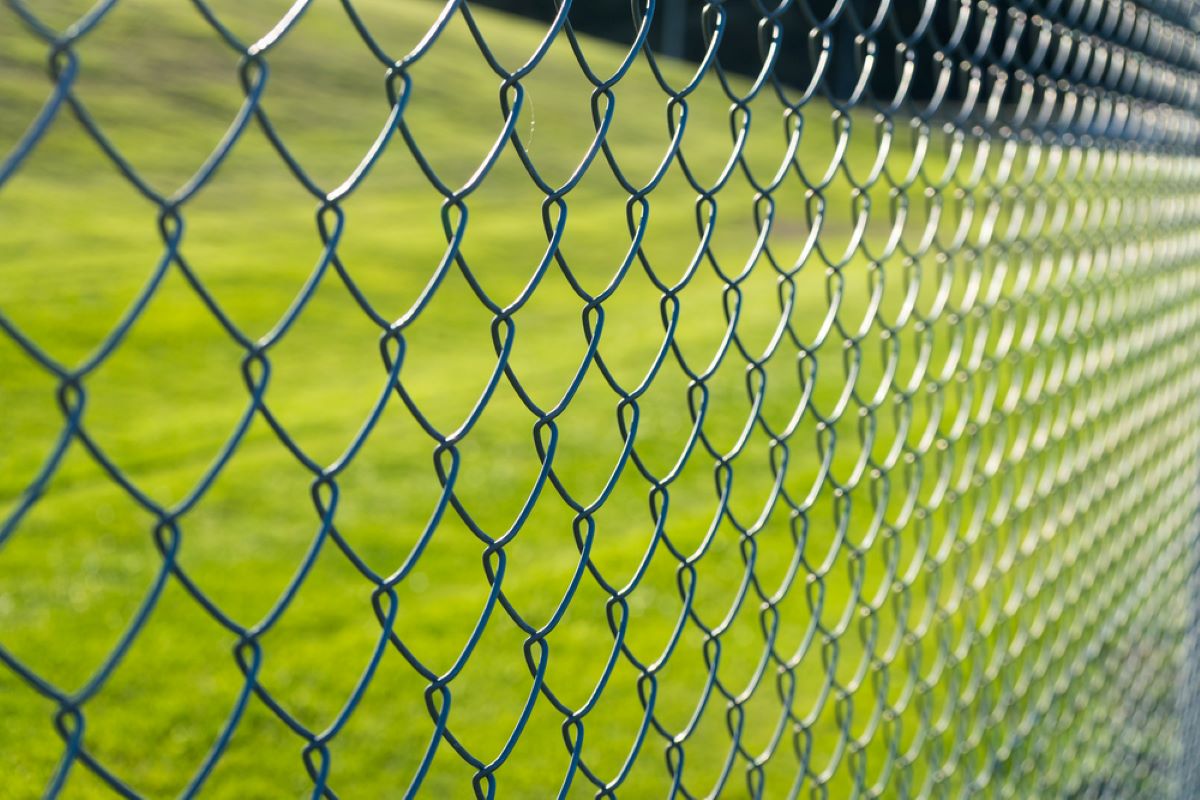
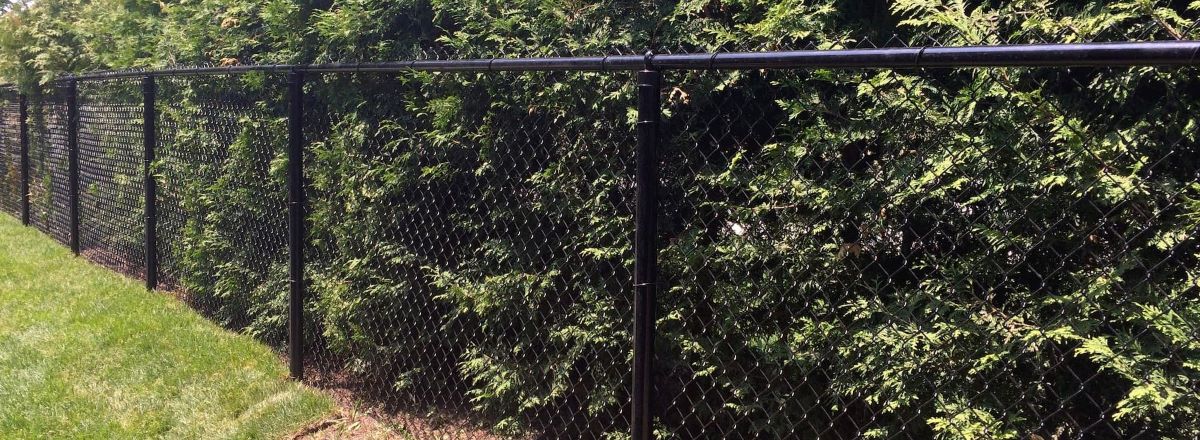
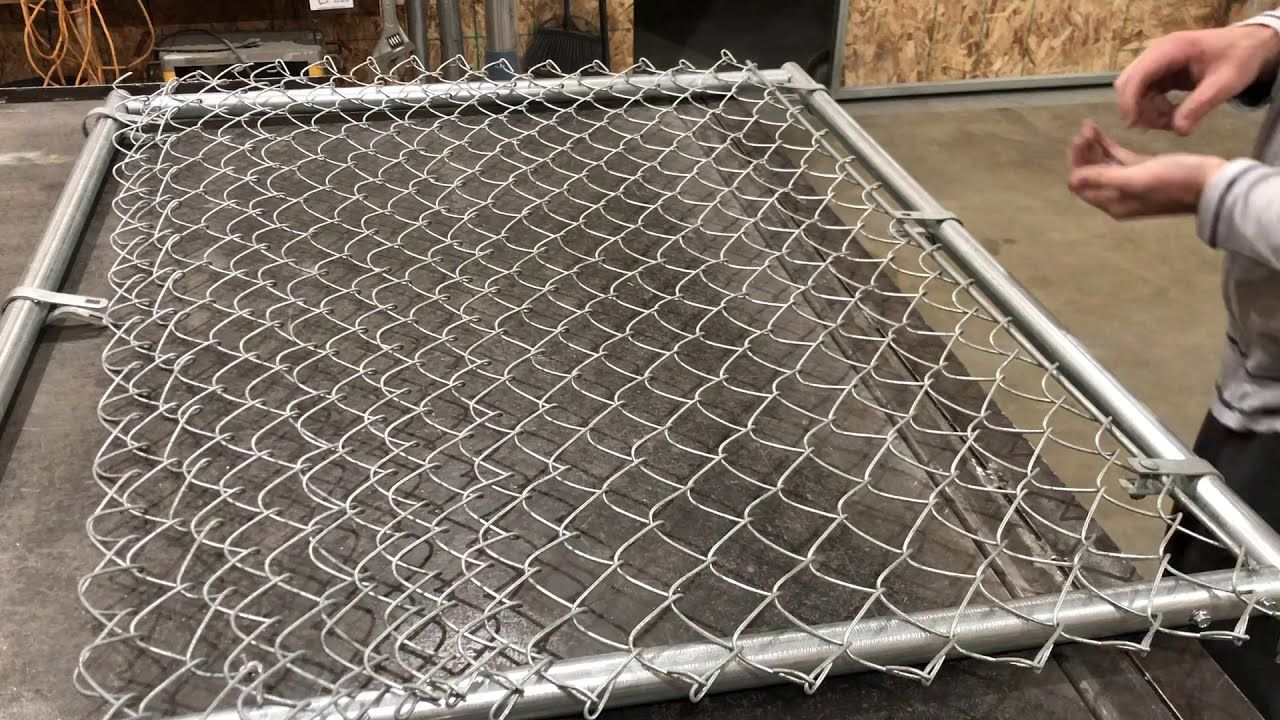
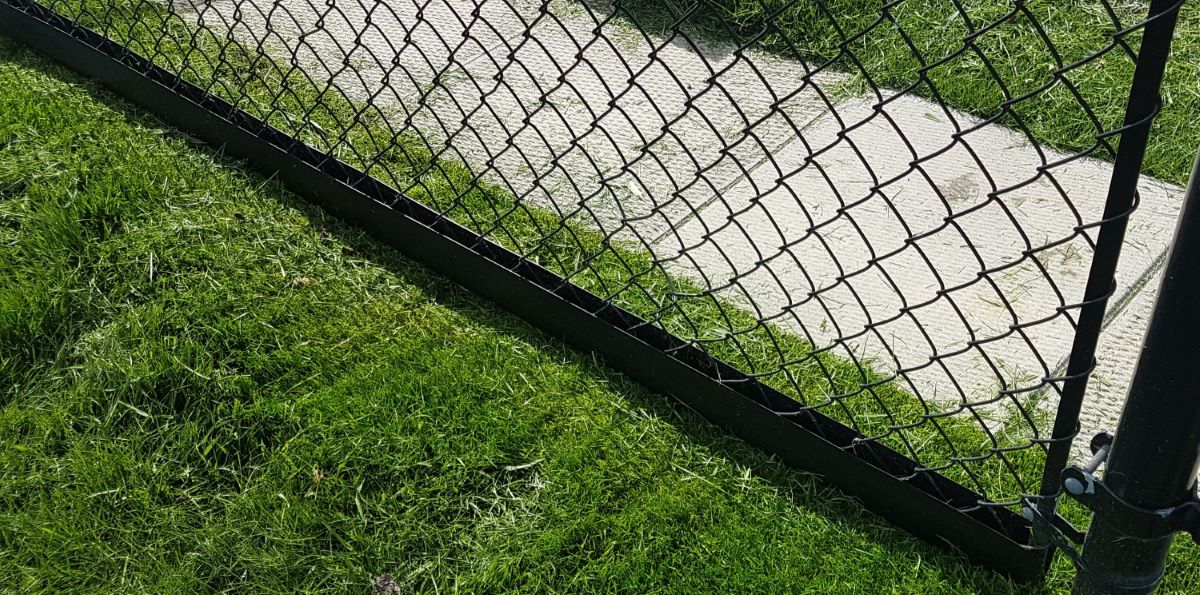
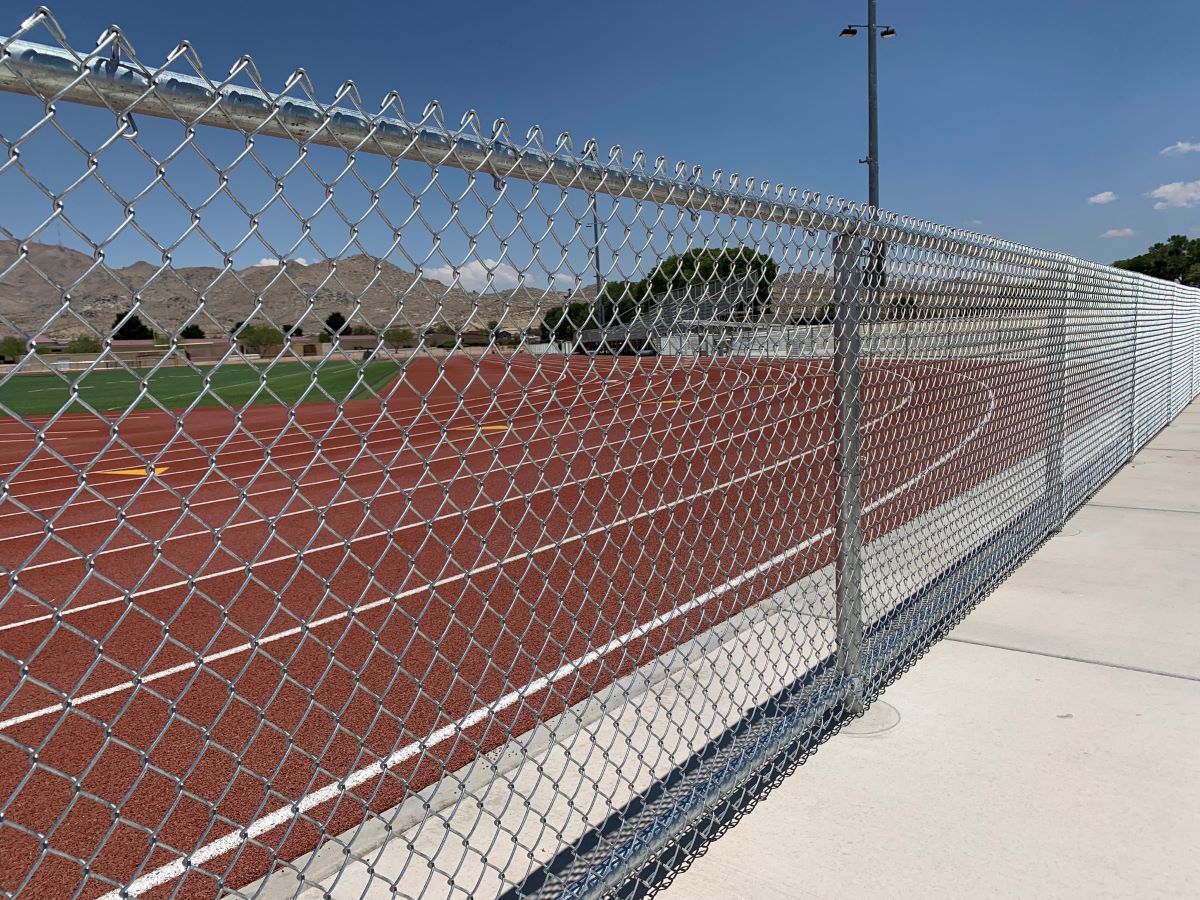
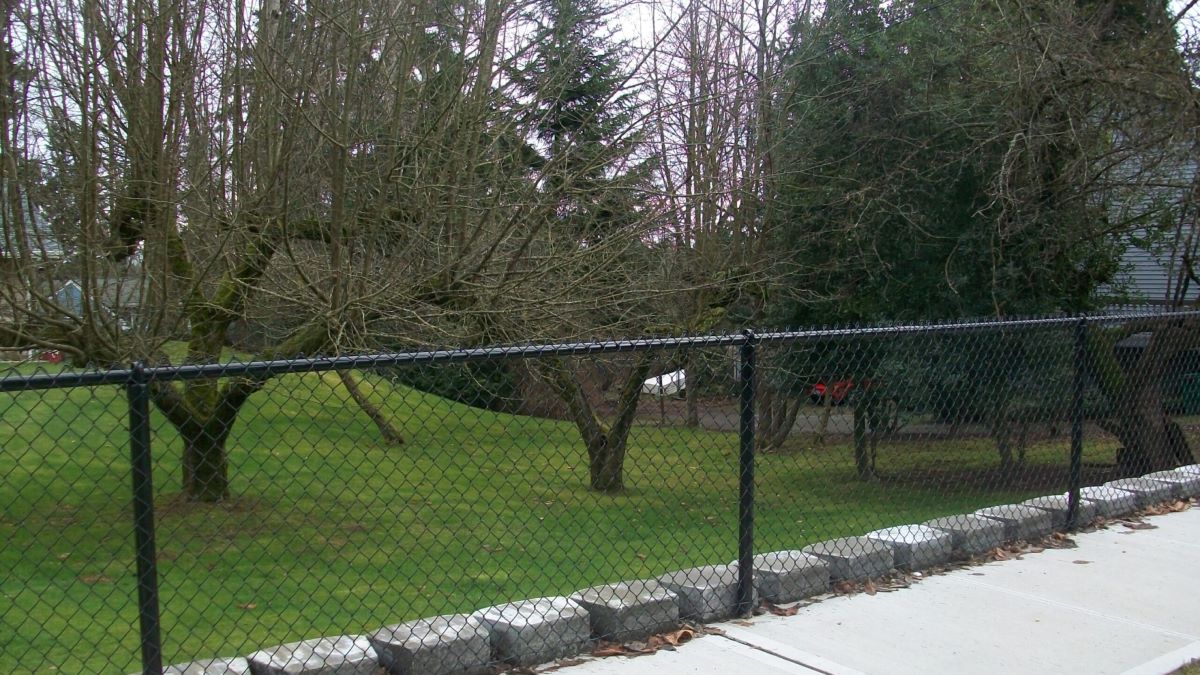
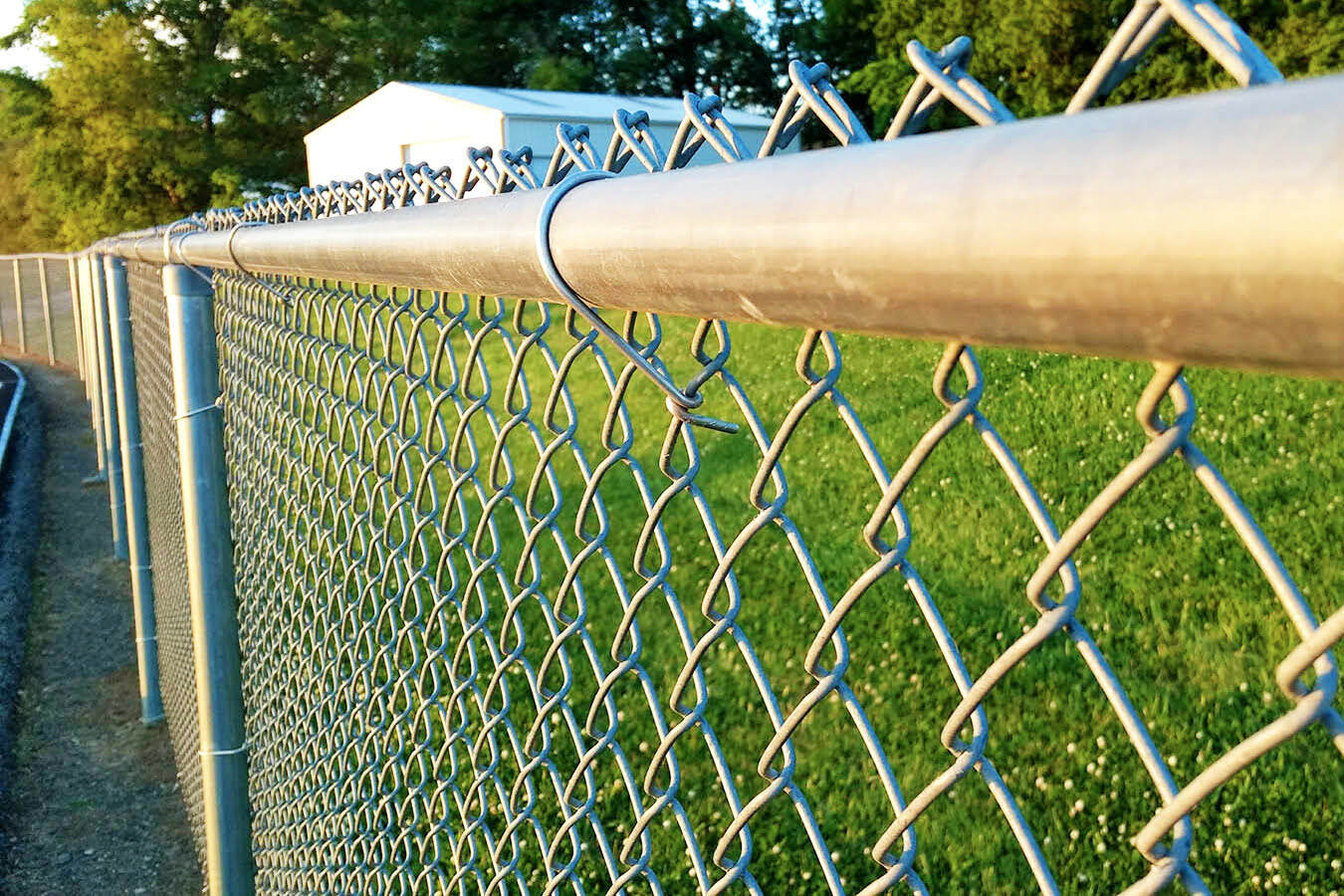
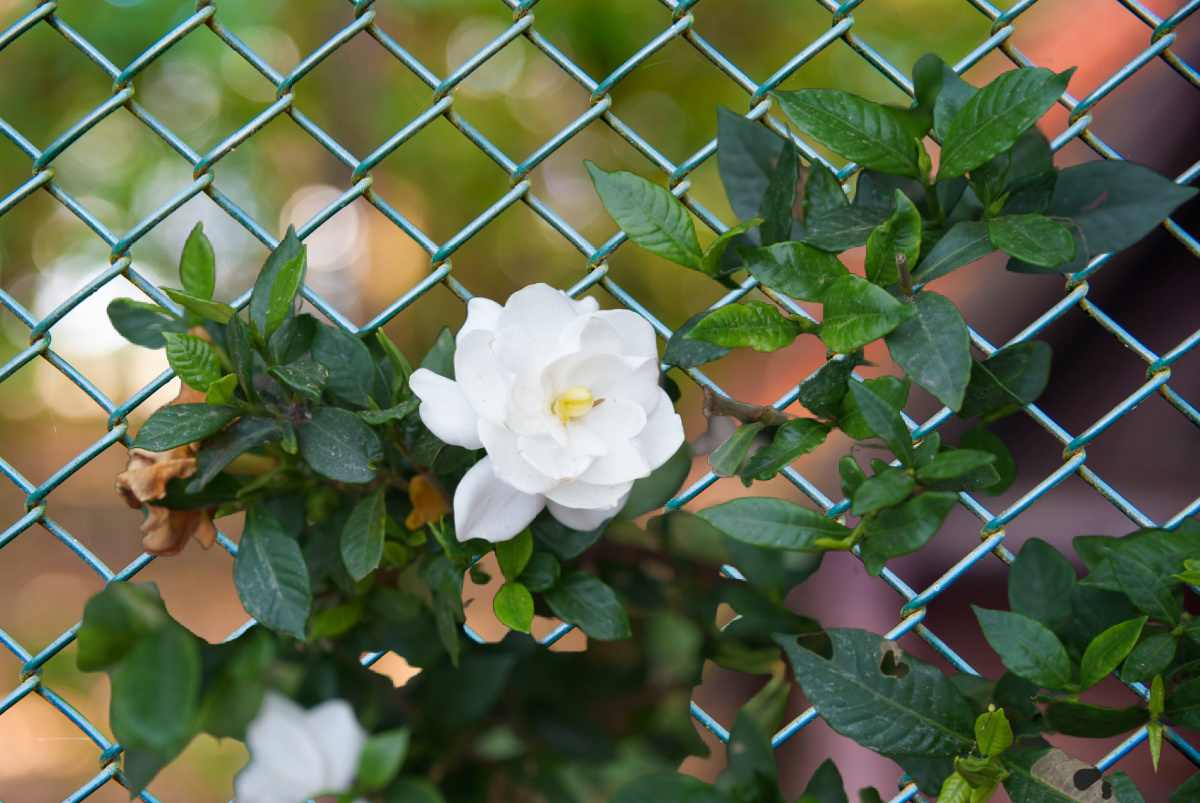

0 thoughts on “How Long Does Chain Link Fence Last”